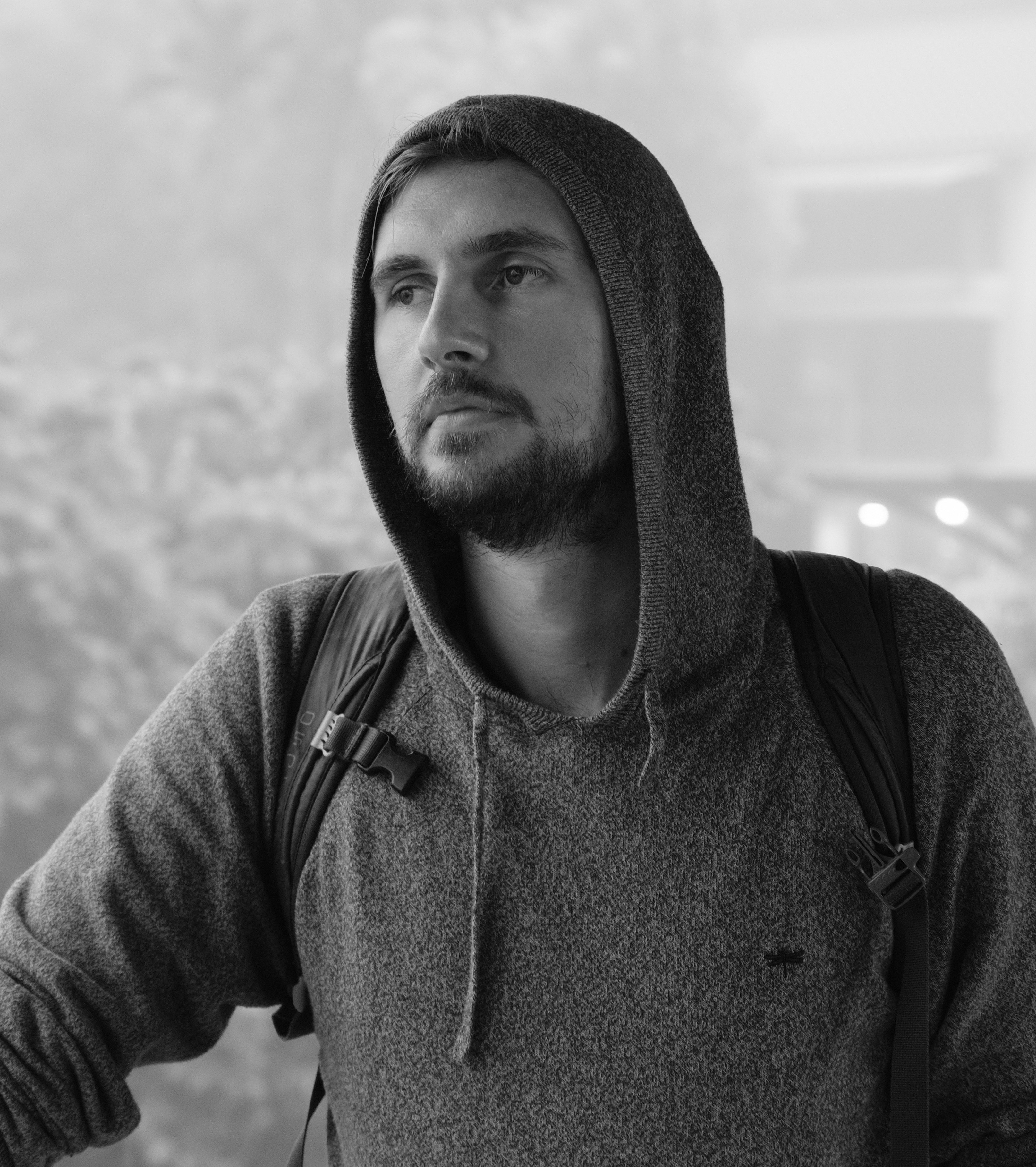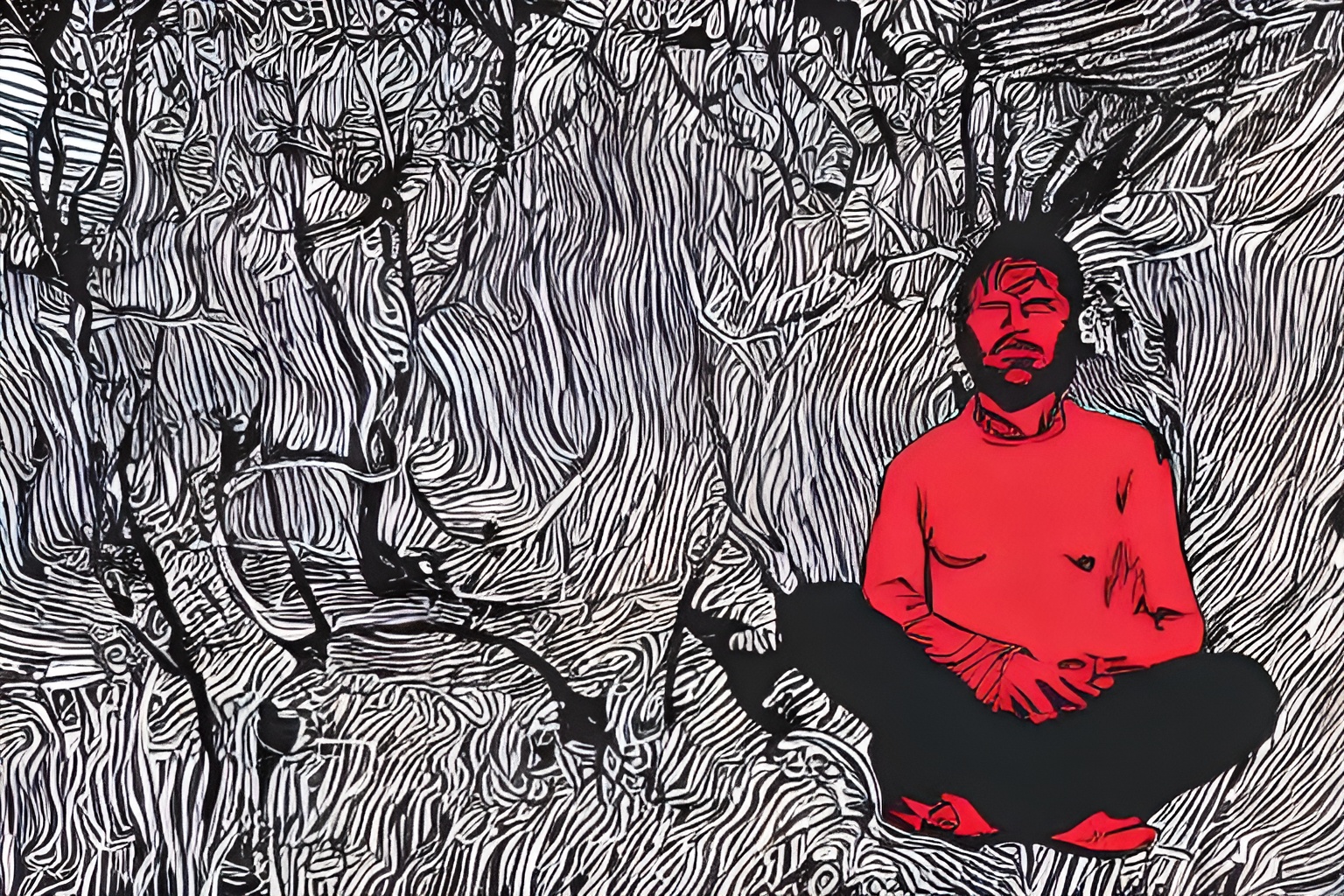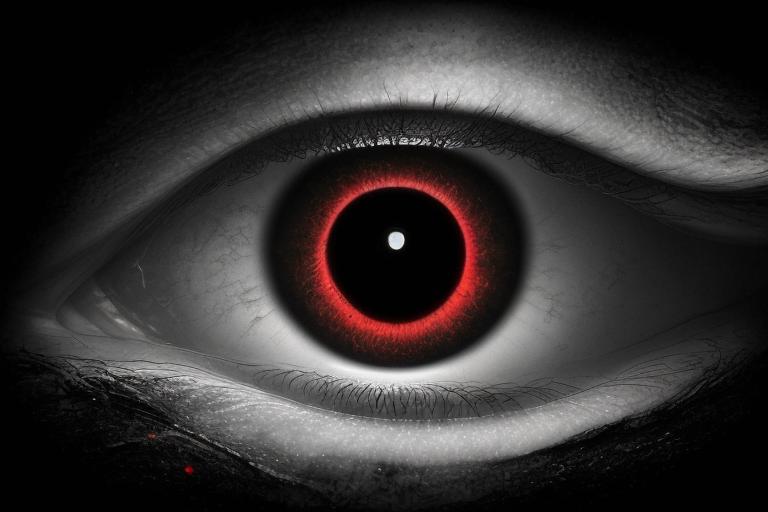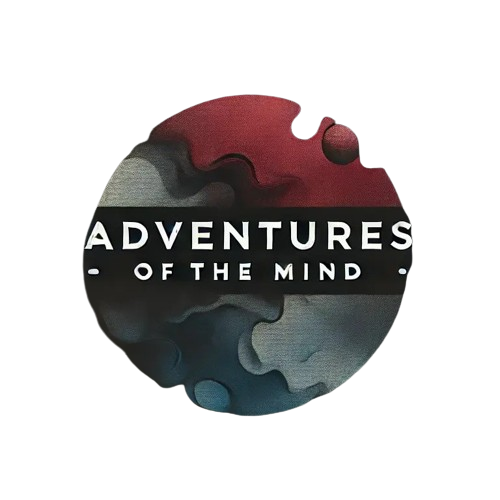We Live in Different Realities
Published by Ben Worrall 23rd December 2024

How well do you know the people in your life? Your best friend? Your parents? Your coworkers? The man standing next to you at the bus stop?
There’s a disconnect between expectations and reality when it comes to other people. We’ve all heard stories about the seemingly friendly neighbour who ends up playing host to a couple of decomposing corpses. Or the larger-than-life celebrity who is suffering from crippling depression behind the scenes. The point is, we’re never exposed to, and therefore can never be sure, of the internal reality of our fellow humans. Said another way, everyone you have ever met operates from their own reality, one that is vastly different from yours.
Cultural chasms
I’ve lived abroad for almost a decade now, in a culture that traditionally has few similarities to the one of my birth. While the surface behaviour of people isn’t jaw-droppingly different, it’s the subtle variations in the taken-for-granted psychological constructions and assumptions where the real differences lie.
To give you an example, there’s a strange walking phenomenon here that I can only describe as ‘drifting’. As a tall guy and a fast walker, I’m constantly trying to navigate around leisurely strollers on the sidewalks. The problem is that many people here, especially the older generation, seem subconsciously wired to not let you pass. If I go for the left side, they will gradually drift to that side and block the space. Then will also do the same on the right if you attempt to pass that way. This is not just a mild annoyance that I've noticed a couple of times — it’s a pattern. One that I honestly don’t have an explanation for other than an inbuilt blocking instinct.
Another example is the obsession with lines. There seems to be an underlying assumption that the more people lining up to get or do something, the more valuable it must be. This perspective makes sense in theory, but it fails to consider the obvious cyclical self-fulfilling prophecy — the more people lining up because other people are lining up causes even more people to join the line. Consequently, the line becomes the mark of quality, while the product sold is irrelevant. I’ve experienced this bemusing cultural phenomenon first-hand on many occasions. Once, when shooting B-roll for a short film, other members of the public began taking photos of the same object as me — a plastic statue — simply because the act of filming increased its perceived value.
While scrolling through a Taiwan expat message board I noticed one post posing a simple question:
“What do you most miss from your home country?”
The top-rated answer was:
“Common sense.”
Now, I’m not bringing up these examples to attack Taiwanese culture but to make a larger point about human nature and mind. We assume the way reality appears to us is a fixed state, experienced more or less the same way by everyone else, but the simple examples above reveal that the people around us can be in divergent frames of understanding and meaning that appear to lack reason or logic. Common sense, referred to by the poster on the expat forum, doesn't exist.
Over the years, I’ve noticed that my patience for cultural differences has worn thin. What was once interesting and unique has just become annoying. I have to admit, these are my own biases playing out and I need to do a better job of understanding, in real-time, that people are living in different frames and are under no obligation to conform to mine. The trick is becoming aware of these differences and developing an understanding and patience for them, instead of automatically projecting the realities of your frame onto others without a second thought. This is no easy task. However, the failure to do so contributes to many of our personal blindspots as well as some of the biggest issues we’re facing collectively — wars, political division, and smaller-scale cultural battles.
I need to make clear the extent to which these personal frames of reality dominate our experience — it’s easy to overlook the full ramifications. The differences between people aren’t just ideas that can be picked up and dropped on demand. They are metaphysical foundations. One’s understanding of themselves and the world is shaped through their frame. And so, you literally perceive a different reality from your neighbour. And these differences only become more extreme as you move further away in culture and upbringing. This is why the way people act often seems so bizarre to you.
Because we’re all stuck in the confines of our own conceptual walls it can be difficult, impossible even, to explain our experiences, feelings, motivations and struggles to others. Sometimes, no suitable language is accessible in both realities that can provide a vehicle for this transfer of understanding to take place. Thus we are, and always will be, isolated from others; alone in our private worlds.
Genetic influence
So far we’ve only discussed cultural influence and the socially constructed nature of reality. There are other ways that human experience takes on unique qualities. We’ve all been subject to the genetic lottery and this alone separates each of us from birth.
Genetics define your experience in ways that are impossible to relate to for others who don’t have the same disposition. Disability or neurodivergence are obvious examples, but countless genetic influences shape us in subtler but no less impactful ways. Some people are born with higher levels of empathy. Others are intellectually gifted. Some are naturally in touch with their bodies. More still are genetically prone to addiction or other mental health issues. The qualities of your birth will influence your destiny whether you like it or not, and they need to be understood and seen not as obstacles but as guides to becoming a master of your frame and thriving within it.
The expectation of normal
Societies and cultures are formed to present the illusion of a shared reality. This consensus reality shifts over time but will remain the unspoken standard for truth and moral behaviour. The goal is to keep everyone on the same page and thereby uphold the functioning of the vital social systems. This is achieved through shared rituals, beliefs and values which are taught from a young age and then solidified through authority figures, entertainment, and material rewards.
The problem is that while society's efforts to keep everyone on the same page may not be vindictive, there will always be a bias towards certain frames of reality and a rejection of others. In other words, fitting in and finding success will be easier for those whose frame closely matches their culture. The system will promote those who follow the script, and the outcasts will be punished. There’s little awareness of the arbitrary construction of society’s current frame and little empathy for those whose frame doesn’t fit.
Nowadays, we’re seeing a movement towards inclusivity. The idea is that everyone should have equal opportunity regardless of background, beliefs, disability, and the like. However, in my view, this so-called inclusivity remains shallow. Yes, the frame is becoming more open to certain groups — which is certainly an improvement — but this inclusivity is mostly based on surface-level distinctions defined as valid. Most suffer their unique differences in silence and find themselves isolated from grounding cultural values and unspoken assumptions that make no room for their uniqueness while claiming there’s room for everyone.
This lack of understanding from society leads to resentment in the rejected individual. A growing darkness in the fragile psychological state of a being that deep down just wants to be understood, accepted, and loved.
Stories, media, art, and other cultural highlights have the power to shape individual frames and, hence, hold a great deal of responsibility for the construction of society’s collective frame. These mediums can be used to teach open-mindedness and frame expansion by exploring unique points of view. They can also be used to limit it by doubling down on cultural norms and assumptions.
Frame awareness
As I always say: awareness is the secret to change. Now that you’re more aware of the inevitable differences between individual frames of reality, you can work on integrating this understanding by approaching unique behaviour and challenges with compassion, even if you can’t fully grasp the reasons behind them. Think about how many of your issues go unseen and offer this same benefit of the doubt to other people who are acting in ways you’re unable to comprehend.
Despite the illusion of a collective reality, we each occupy our own. You have a unique path to walk and personal battles to face. Maybe it’s worthwhile, at least for now, accepting that others don’t have access to your frame and won’t understand your quirks. With this in mind, you can and should take pride in your frame, while doing your best to expand it. The goal — to lay eyes on reality from the highest and most inclusive frame possible. This is the challenge of your life.
Ben Worrall





